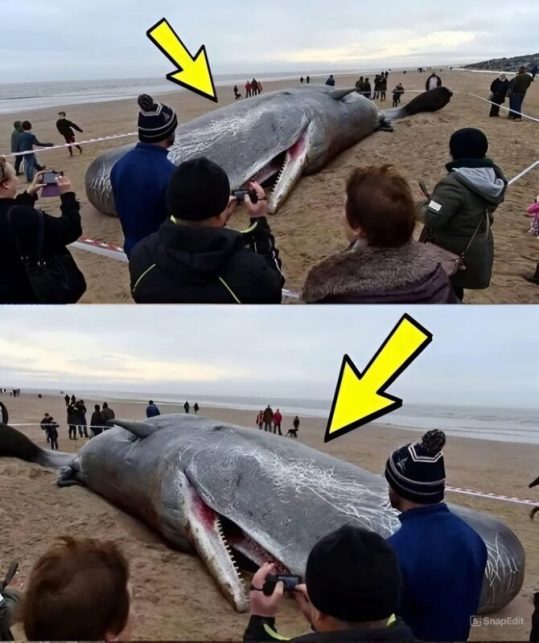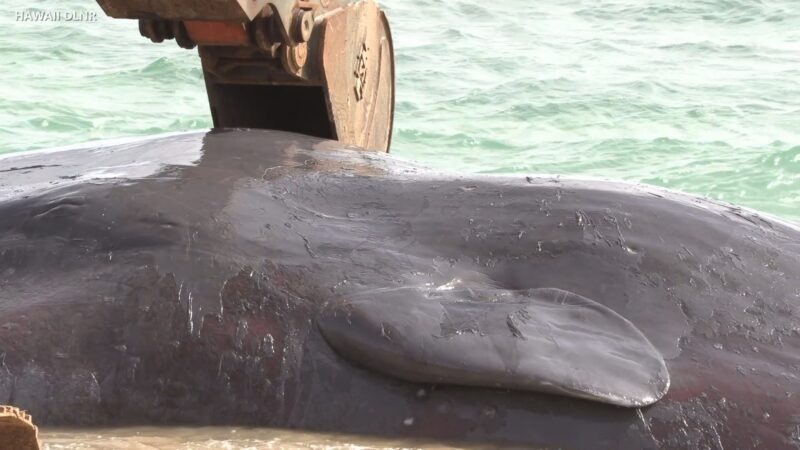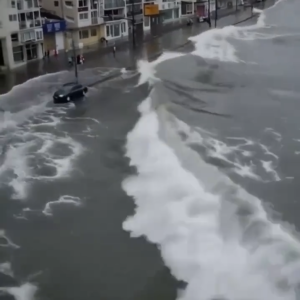What Scientists Found in a Young Sperm Whale’s Stomach Shocked the World
When a young sperm whale washed up on a beach in southern Spain, experts rushed to figure out what went wrong. What they found left them heartbroken—and horrified: over 66 pounds of plastic packed tightly inside the whale’s stomach.
The 33-foot-long whale had stranded itself near Cabo de Palos in the Murcia region. Normally, sperm whales feed on squid, octopus, and small fish. But this whale’s digestive system was filled with plastic bags, netting, ropes, straw wrappers—even a broken water jug.

Marine biologists say the whale likely died from an internal blockage or infection caused by the plastic it couldn’t digest or pass.
“The amount of plastic in our oceans is one of the biggest threats to marine life,” said Consuelo Rosauro, Murcia’s Director General of the Environment. “Many creatures get tangled in plastic or eat it without realizing it—often suffering a slow, painful death.”

This tragic discovery is part of a much larger crisis: over 150 million tons of plastic are already floating in our oceans—and we’re dumping in another 8 million tons every year. For whales, sea turtles, birds, and countless other marine animals, this pollution is far more than an eyesore—it’s a life-or-death threat.





